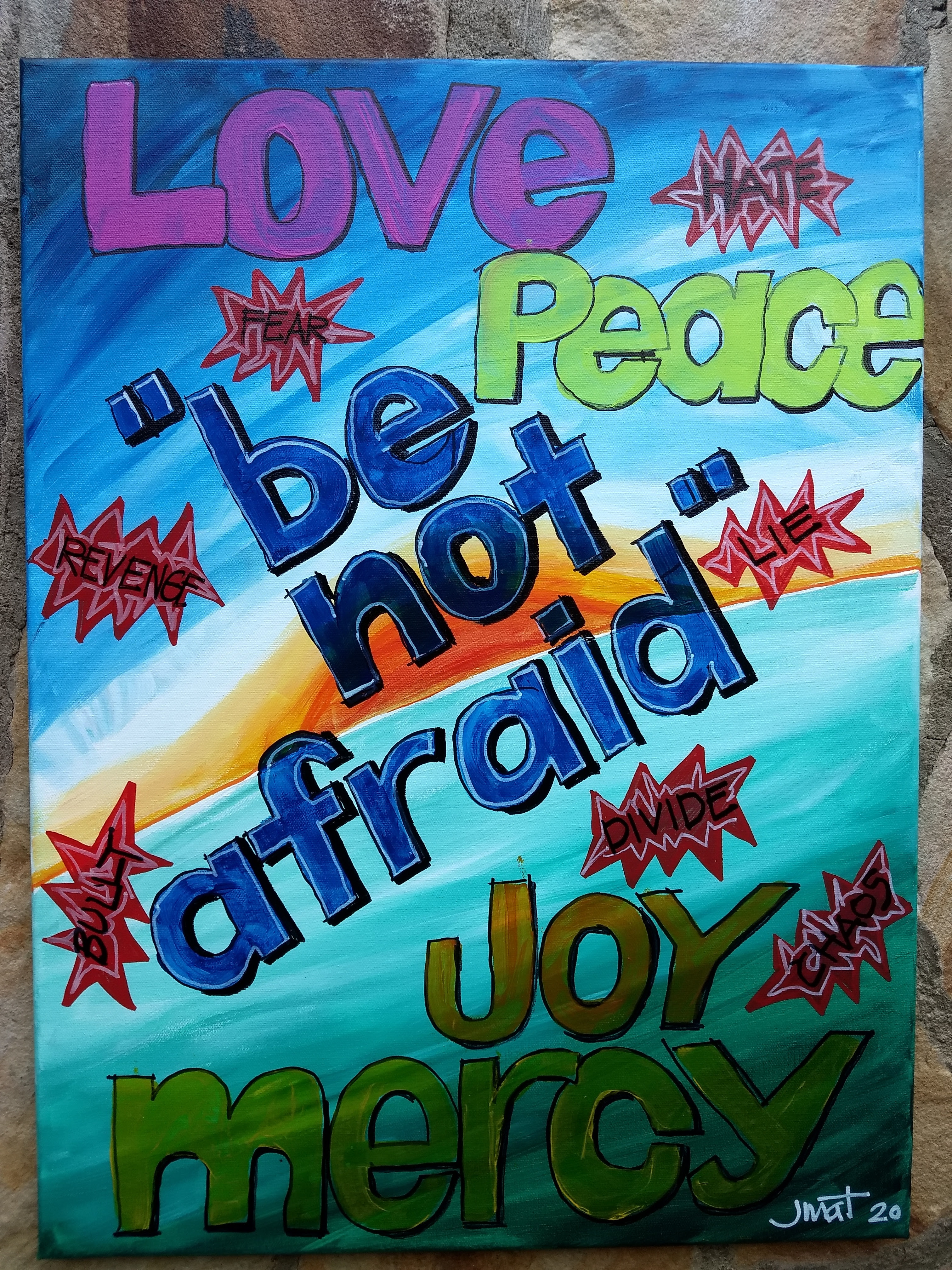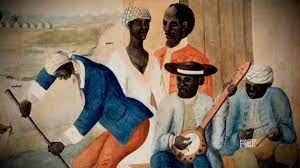Eighteenth Sunday in Ordinary Time
“I am the bread of life; whoever comes to me will never hunger, and whoever believes in me will never thirst.” Jn: 6:35
No one can ever accuse the Bible of exaggerating the goodness of people.
Quite the contrary! It seems to go out of its way to highlight the sinners, the very imperfect, the seriously flawed.
Today’s first reading from the Book of Exodus (16:2-4, 12-15) is a classic example. The story begins right after God, through the leadership of Moses, has delivered the Israelites from 400 years of slavery in Egypt.
400 years! That’s nearly twice as long as our nation has existed.
We all remember this saga. It’s the central story of the entire Hebrew Bible, or what we call the Old Testament.
Even if you haven’t actually read the story, most of you have certainly watched the movie, The Ten Commandments. If you did, how can you ever forget the scene that so brilliantly captures the frightening race to the Red Sea with the evil Egyptians hurrying after them?
Or how can any of us who watched this movie ever forget how Charlton Heston, in his epic role as Moses, led them through the Red Sea by parting the waves in the most dramatic of fashions so that the Israelites running for freedom are left dry as a bone, while the horses and chariots of the evil Egyptians are all drowned?
A miraculous event by any standard.
Today’s first reading begins right after this spectacularly thrilling story of escape. And what does it tell us?
It tells us this: as soon as the Israelites were rescued in this most dramatic and memorable of ways, they began to do three things – complain, grumble and whine.
Seriously!
They didn’t have enough to eat. The weather was too hot. They missed their former way of life … as slaves!
But, what’s maybe even more amazing is that God did not do what you and I most likely would have done were we “God” in that situation. He didn’t guilt trip them, as in “After all I’ve done for you ….” He didn’t threaten them with abandonment, as in “That’s it.
I’ve had it with you people. I’m done.” He didn’t punish them, as in “OK, just for that ….”
How many times do we hear ourselves saying exactly those words?
Instead of any kind of pettiness or spite, the God of Moses sends this thankless, ungrateful group of people … a gift!
The gift of manna.
“This is the bread that the Lord has given you to eat.”
In today’s gospel, Jesus does the same. Only it is no longer manna he gives us to eat. It is no longer a substance that will only address our material need.
It is his very own self: “I am the bread of life; whoever comes to me will never hunger, and whoever believes in me will never thirst.”
Notice what Jesus is doing. He is reaching out to us, sending each one of us a gift, just as God did so long ago. Only this is a gift on two levels: the material and the spiritual.
Material hunger is a major issue in the world we live in. Millions of people, most critically, millions of children go hungry every day. The biggest cause for this tragic situation is poverty. In the United States of America, for example, more than 45 million people live in poverty. The number of poor people is now the largest in the 52 years for which poverty statistics have been published.
Jesus wants to feed those people. Literally feed them. Materially feed them.
And then there’s the spiritual dimension. An area in which we can all plead poverty and hunger.
St. Paul speaks to this dimension powerfully in the second reading we heard today. Listen again: “… you should put away the old self of your former way of life, corrupted through deceitful desires … and put on the new self, created in God’s way … in holiness of truth.”
The “new self.”
What Paul is talking about, in a single word, is conversion.
A change of our hearts. A deepening of our spirit. A reversal of our values.
The “reversal” Paul is pleading with us to embrace is replace all your complaining with gratitude; replace all your grumbling with trust in God’s boundless mercy; replace all your whining with action, service, and a focus on the “less-than’s.”
How will we accomplish this?
By consuming the “bread of life.” By “eating” his Word. By “digesting” his Spirit. By making the “bread” that is Jesus the food that nourishes us and strengthens us and satisfies our deep hunger for beauty and goodness. By allowing our Eucharistic experience right now to resonate in the deepest recesses of our mind so that we can begin to think and see and hear in a way different than we do now.
Conversion.
That’s what Jesus is talking about. A conversion that takes us way beyond the mere material, as important as that is; a conversion that assists us in deepening our life in the Lord; a conversion that pushes us out of ourselves and into the world around us so that we can do as he told us to do:
Feed the hungry. Give drink to the thirsty.
“I am the bread of life; whoever comes to me will never hunger, and whoever believes in me will never thirst.”
Ted Wolgamot, Psy.D.
NOTE: In the most recent issue of National Geographic magazine, there is a powerfully persuasive article entitled: America’s Hunger Crisis.
“The pandemic,” we are told, “left record numbers of people without enough food. For many, charities and neighbors have become lifelines. When COVID hit, many in the United States already on the verge of food insecurity were plunged into an even deeper crisis. According to the hunger relief organization Feeding America, an estimated 45 million people may have lacked sufficient access to food in 2020. The pandemic appears to have caused food insecurity to rise in nearly every U.S. County.
Communities of color were at a disproportionately higher risk of food insecurity well before COVID-19, and the pandemic has exacerbated long-standing inequities linked to factors including discrimination and systemic racism.
Unemployment and poverty have a substantial effect on the risk of household hunger. One job loss or one health-care bill can drive a family with low income into poverty and make groceries unaffordable.
It’s not just about handing out food boxes: Attacking food insecurity also means reducing waste and promoting nutritious foods.”
“I am the bread of life; whoever comes to me will never hunger, and whoever believes in me will never thirst.” Jn: 6:35






